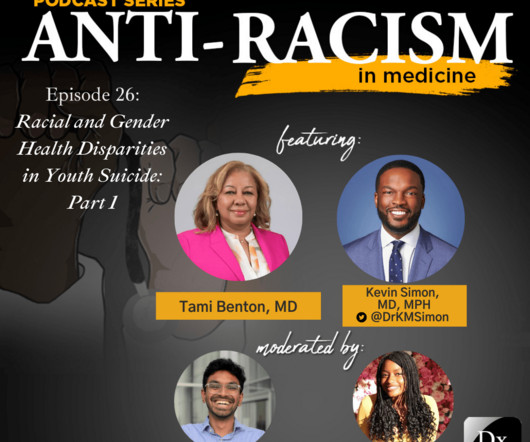Using technology to reclaim our time
Today's Hospitalist
MAY 9, 2025
For many of us, the emergence of medical scribes, both in-person and remote, provided a valuable solution, offloading documentation and allowing us to have more focused patient interactions. It can differentiate between a physician’s questions and a patient’s responses and even filter out non-relevant small talk.












Let's personalize your content